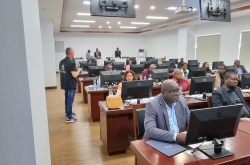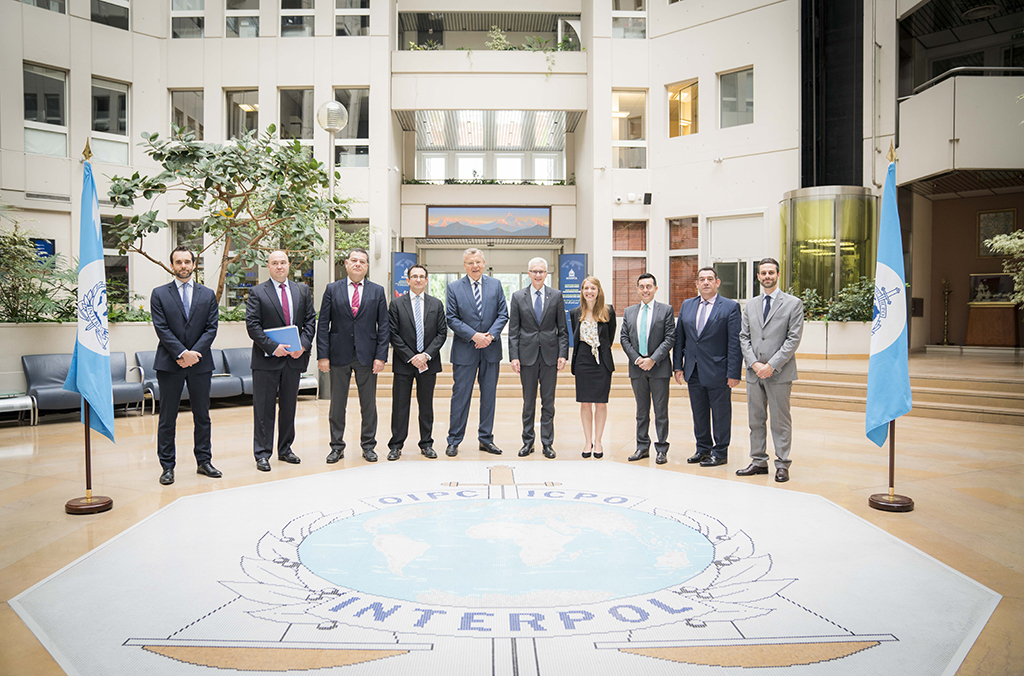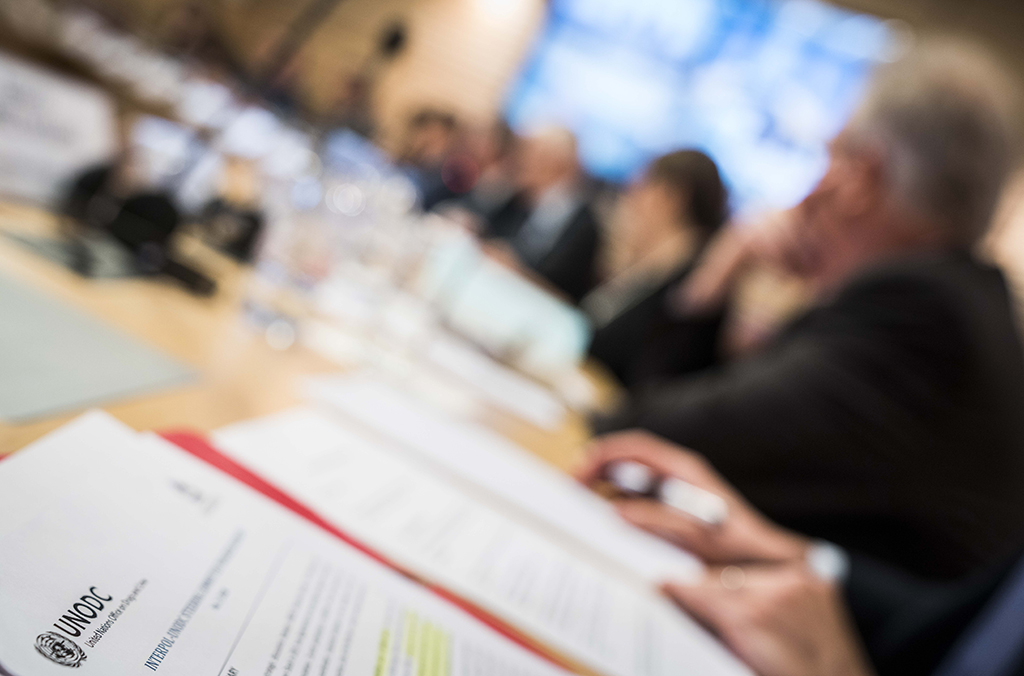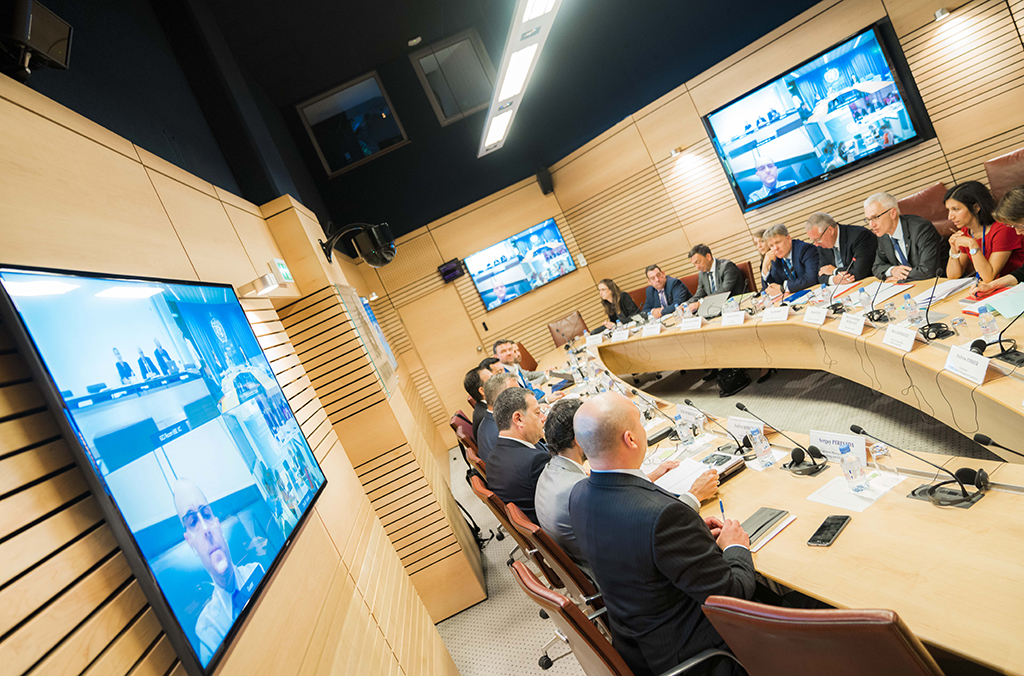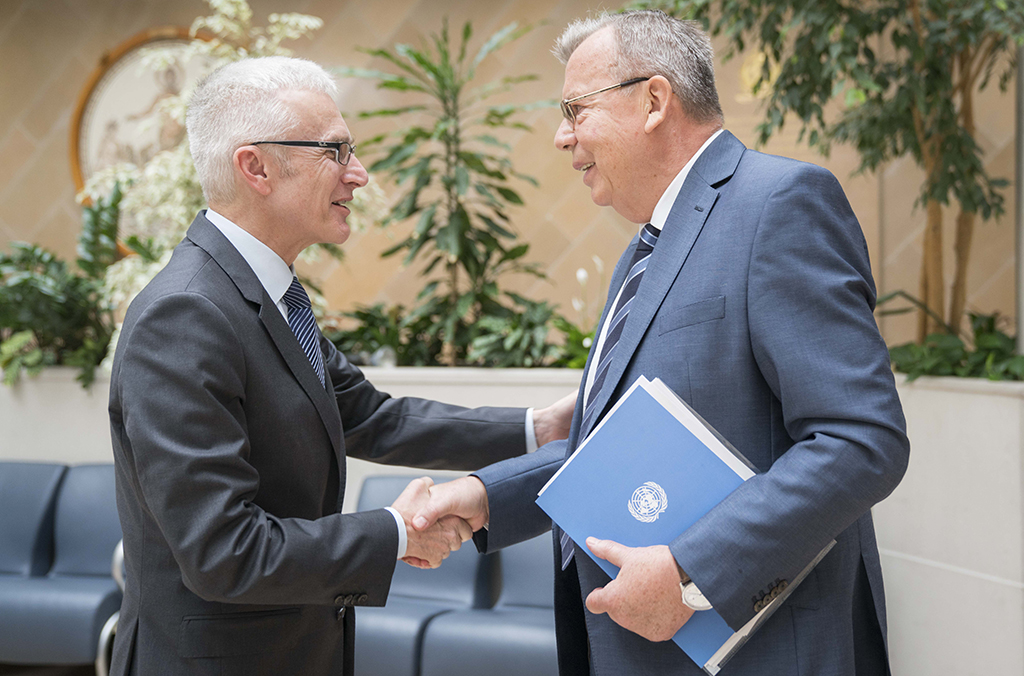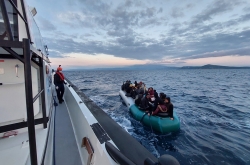LYON, France – The heads of INTERPOL and the United Nations Office on Drugs and Crime (UNODC) have met to discuss areas of ongoing and future cooperation in combating transnational crime.
Opening the organizations’ joint steering committee meeting INTERPOL Secretary General Jürgen Stock and UNODC Executive Director Yury Fedotov both underlined the need to harmonise activities to benefit member countries.
“At a time of unprecedented threats against society, maximising our resources through cooperation with UNODC will help us better support our member countries in tackling criminal enterprises,” said Secretary General Stock.
“The partnership between UNODC and INTERPOL capitalizes on our respective strengths to deliver the most effective criminal justice and law enforcement support to member states,” said Mr Fedotov.
“With the joint action plan and cooperation arrangement, we have a solid foundation for further advancing our work together to prevent and address threats posed by organized crime, drugs and terrorism, and contribute to international security and sustainable development.”
In 2015 INTERPOL and UNODC signed a Joint Action Plan across six common areas; terrorism, illicit trafficking and organized crime, cybercrime, maritime and border security, forensic and criminal justice capacity, and institutional capacity.
The ongoing cooperation between INTERPOL and UNODC within the CRIMJUST Project - a four-year joint initiative to strengthen criminal investigations and cooperation along cocaine funded by the European Union - has already seen significant operational successes.
These include Operation Lionfish III which resulted in the seizure of 52 tonnes of cocaine, cannabis and heroin, with the cocaine haul of 25 tonnes alone estimated to be worth approximately USD 950 million.
Involving some 5,000 law enforcement officials in 13 countries, the operation also saw 357 arrests with the bulk of seizures resulting from intelligence-led operations by police in participating countries.
To further streamline and enhance communication between the two organizations, in April 2018 INTERPOL established a Permanent Observer Office to the United Nations Office in Vienna. This position complements the work of the INTERPOL Special Representative Offices at the UN in New York, for the European Union in Brussels and to the African Union in Addis Ababa.
Actualités associées

INTERPOL welcomes new DNA legislation in Belgium
11 avril 2024
Disrupting a Grandoreiro malware operation
18 mars 2024